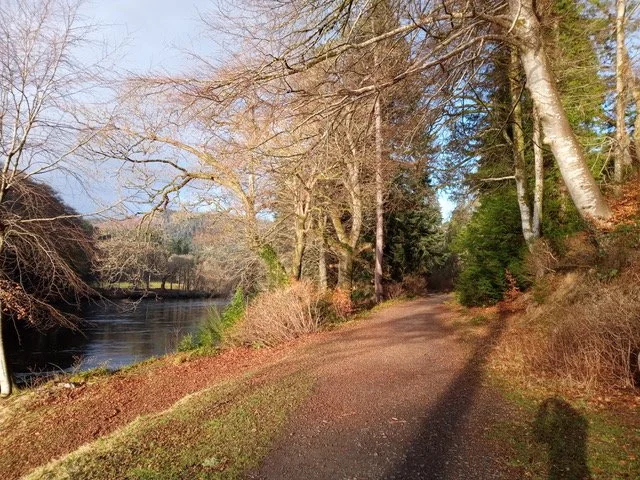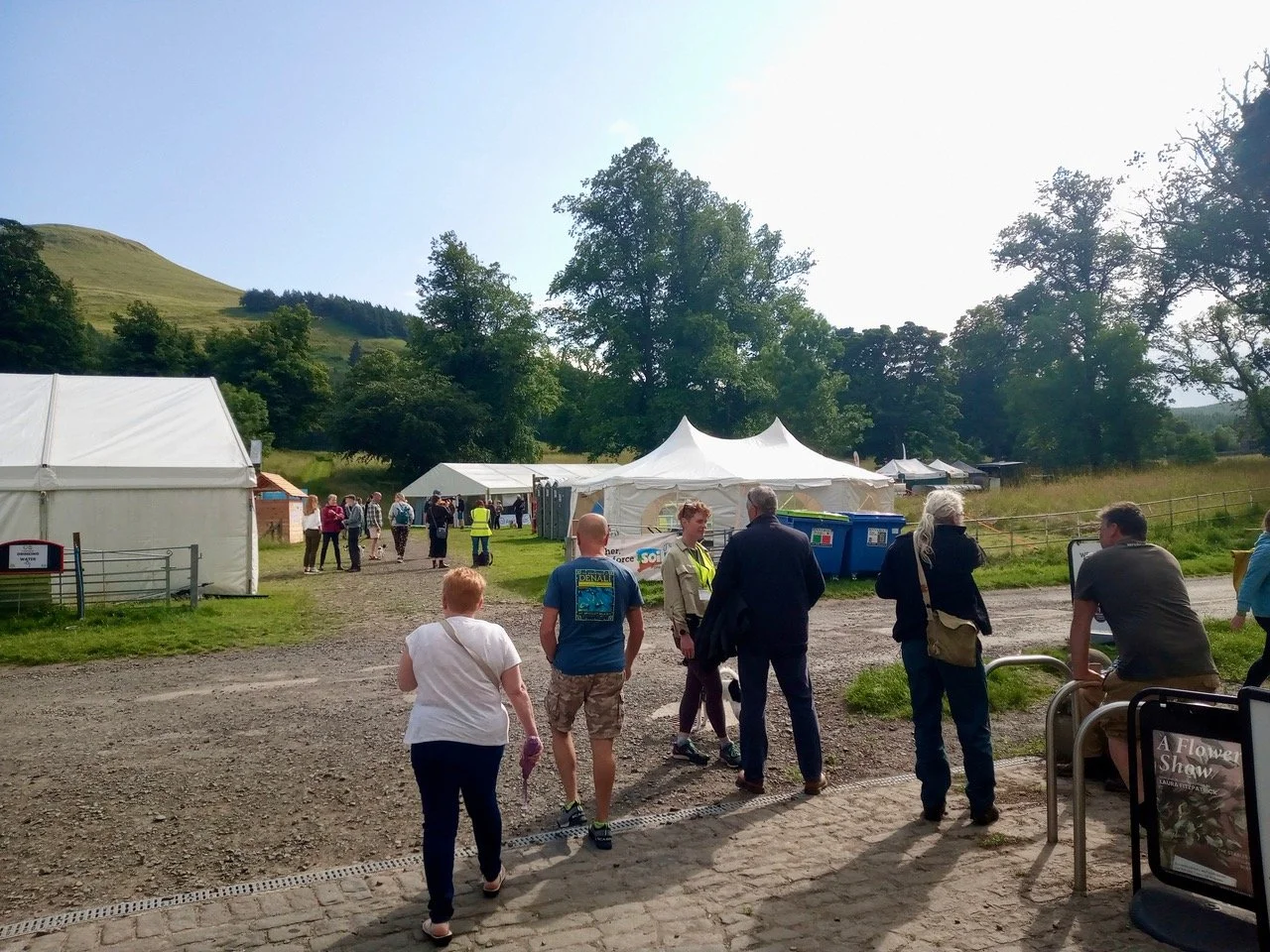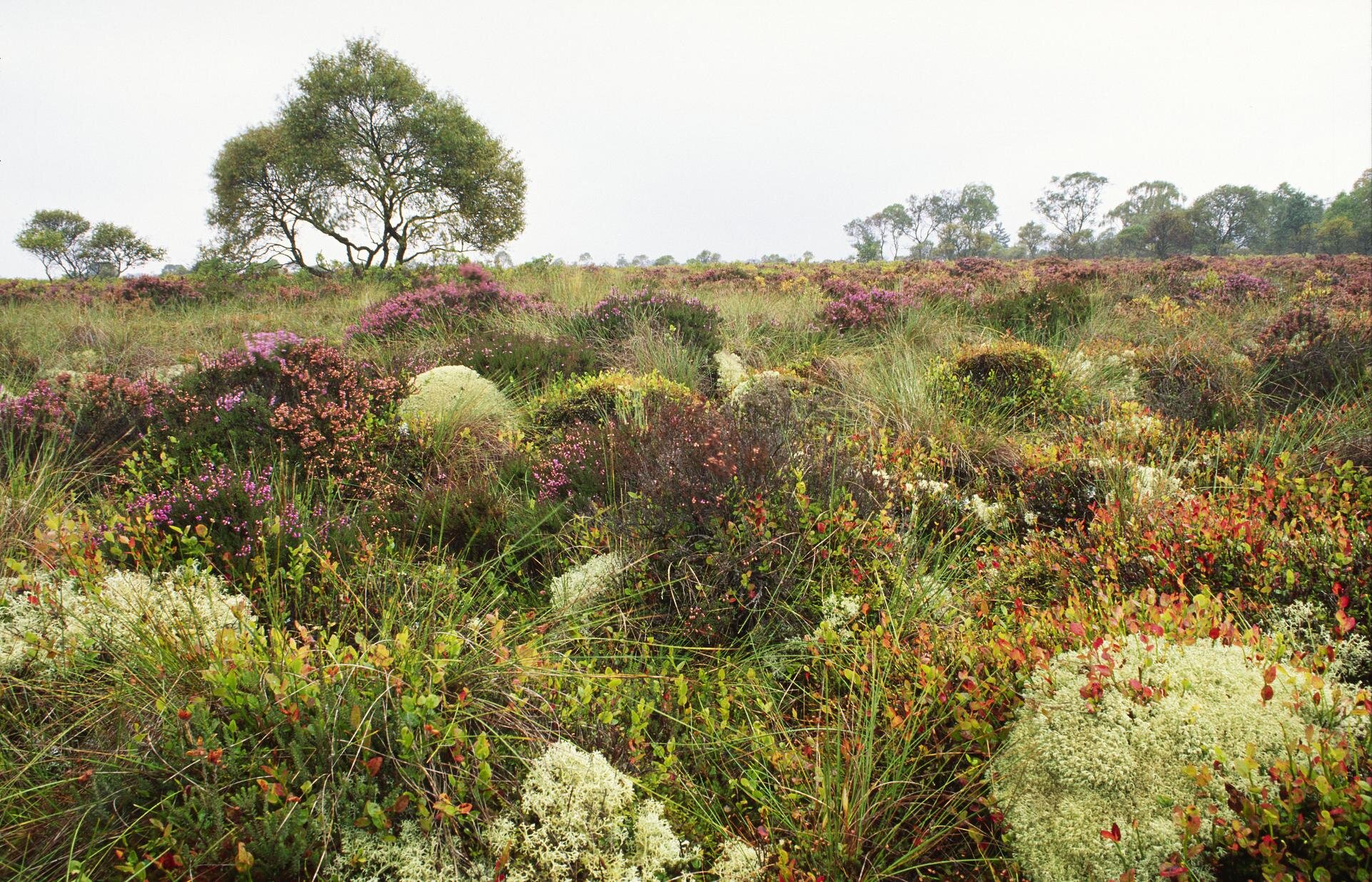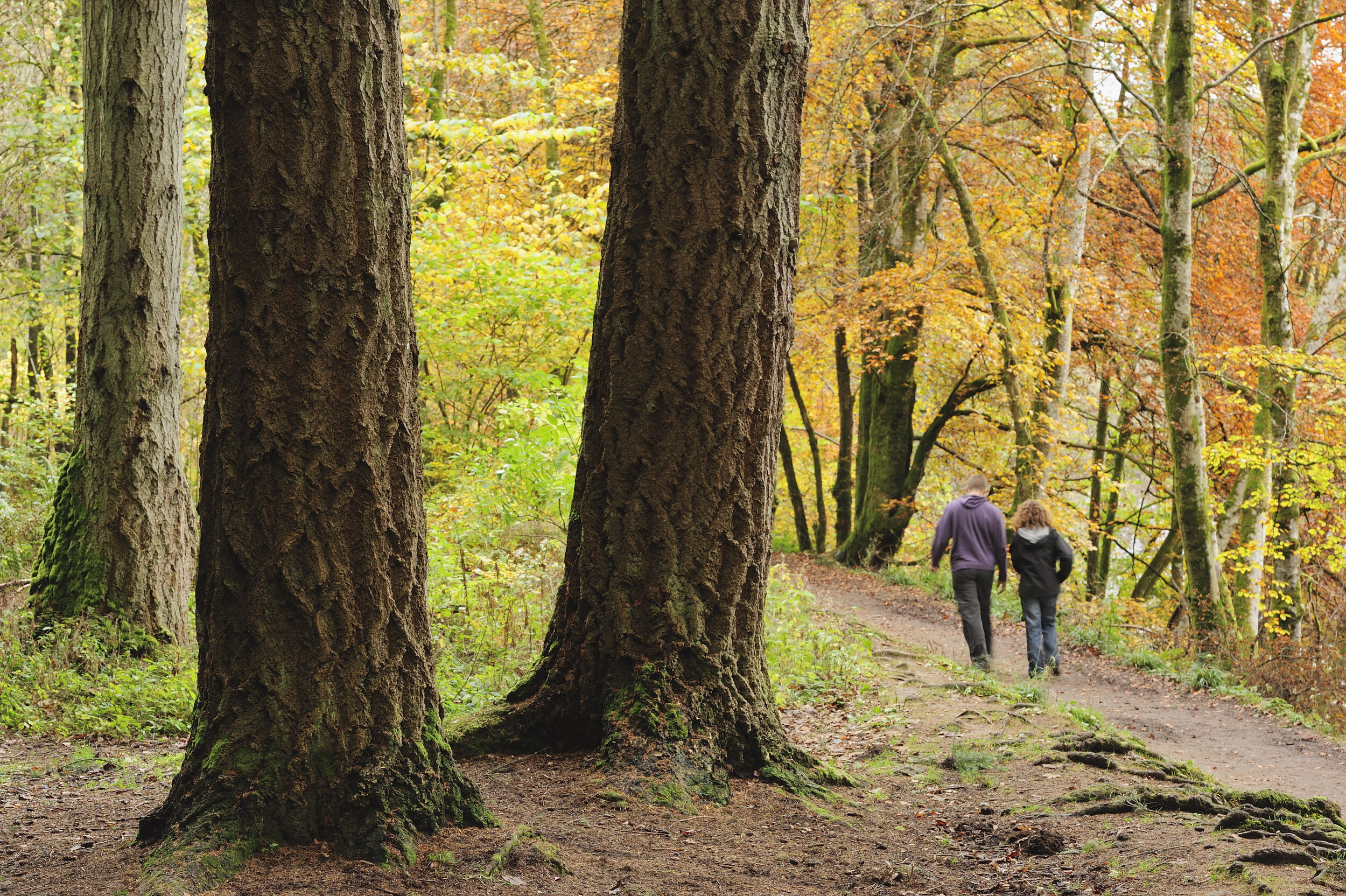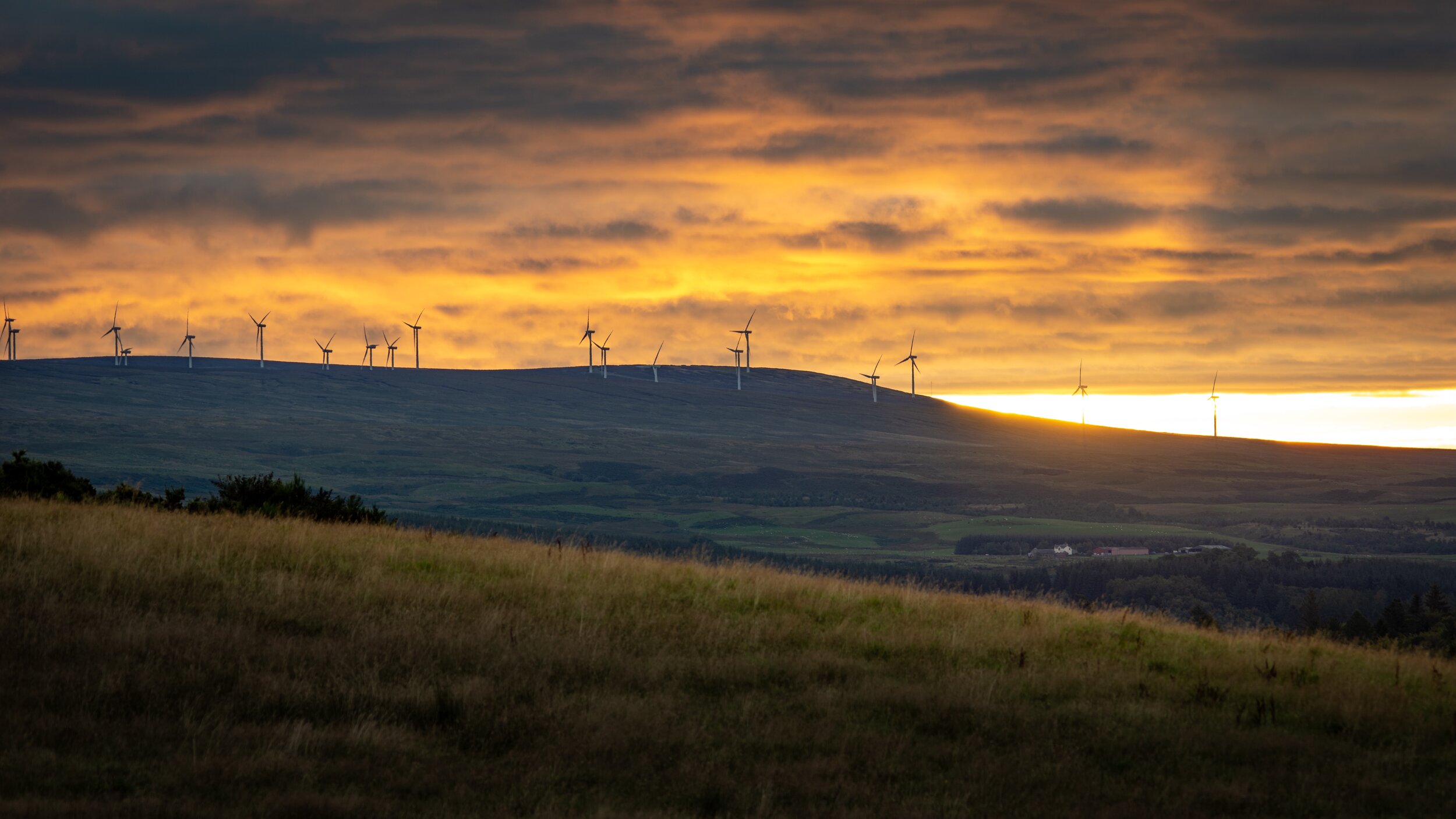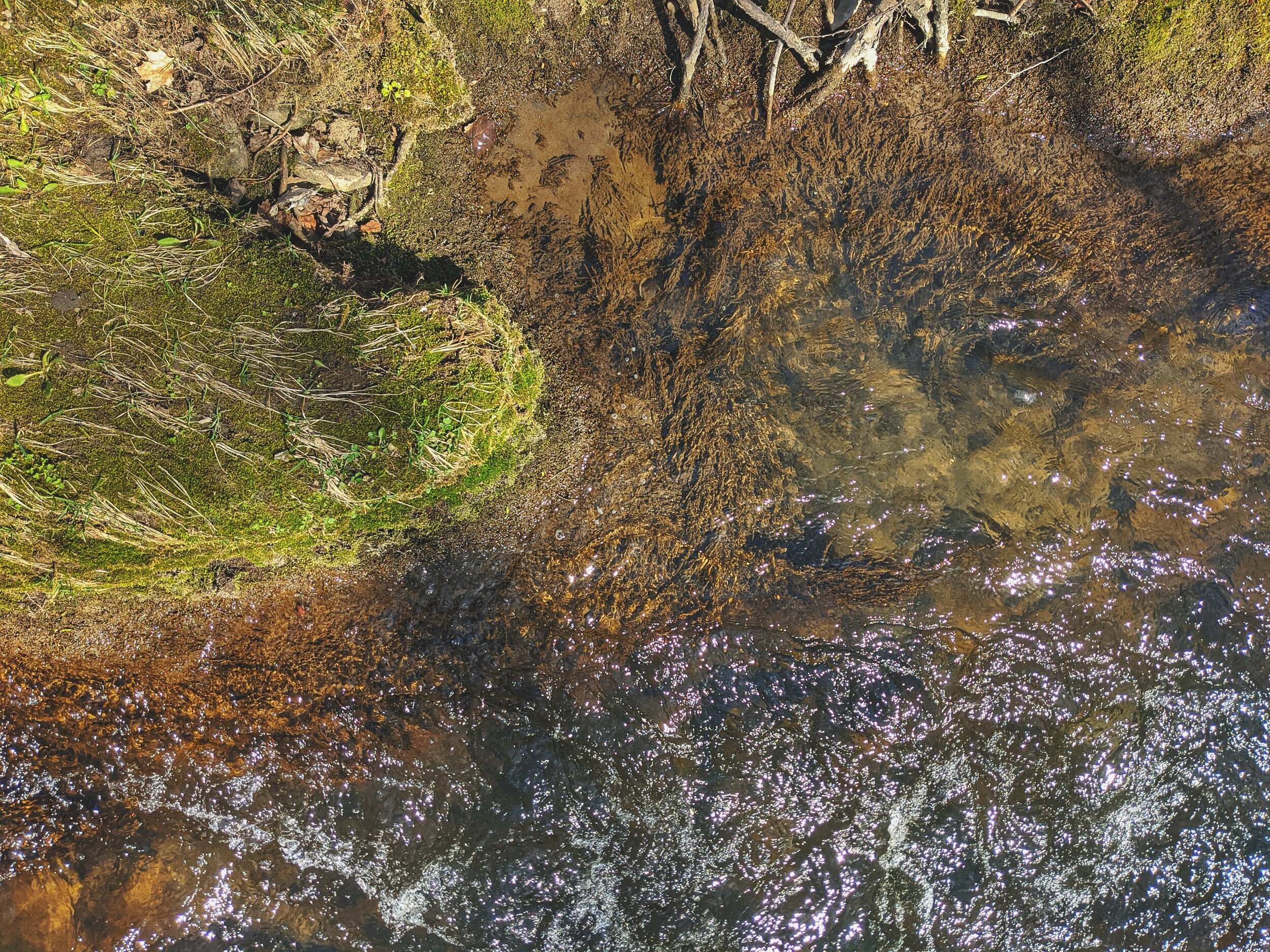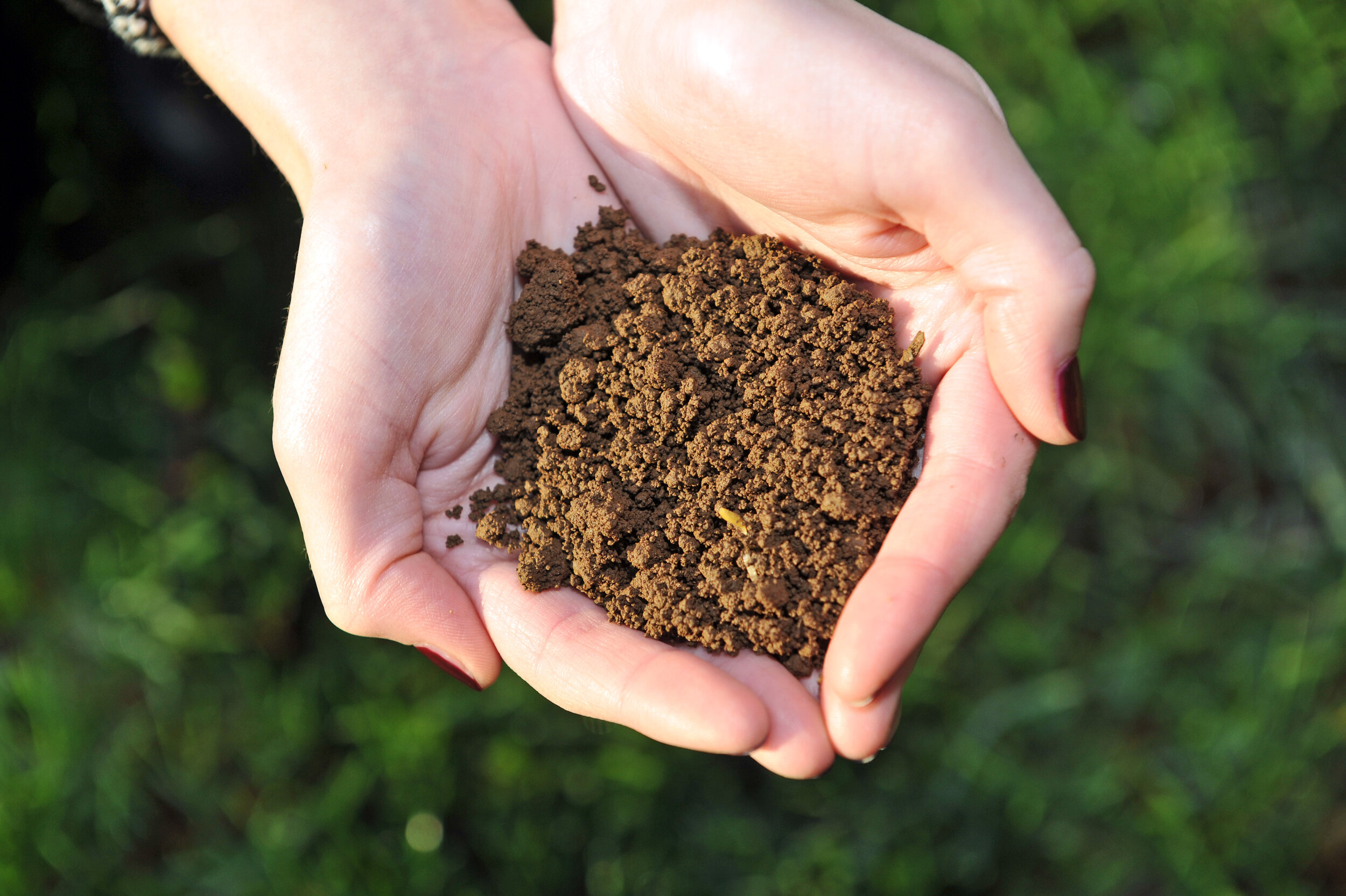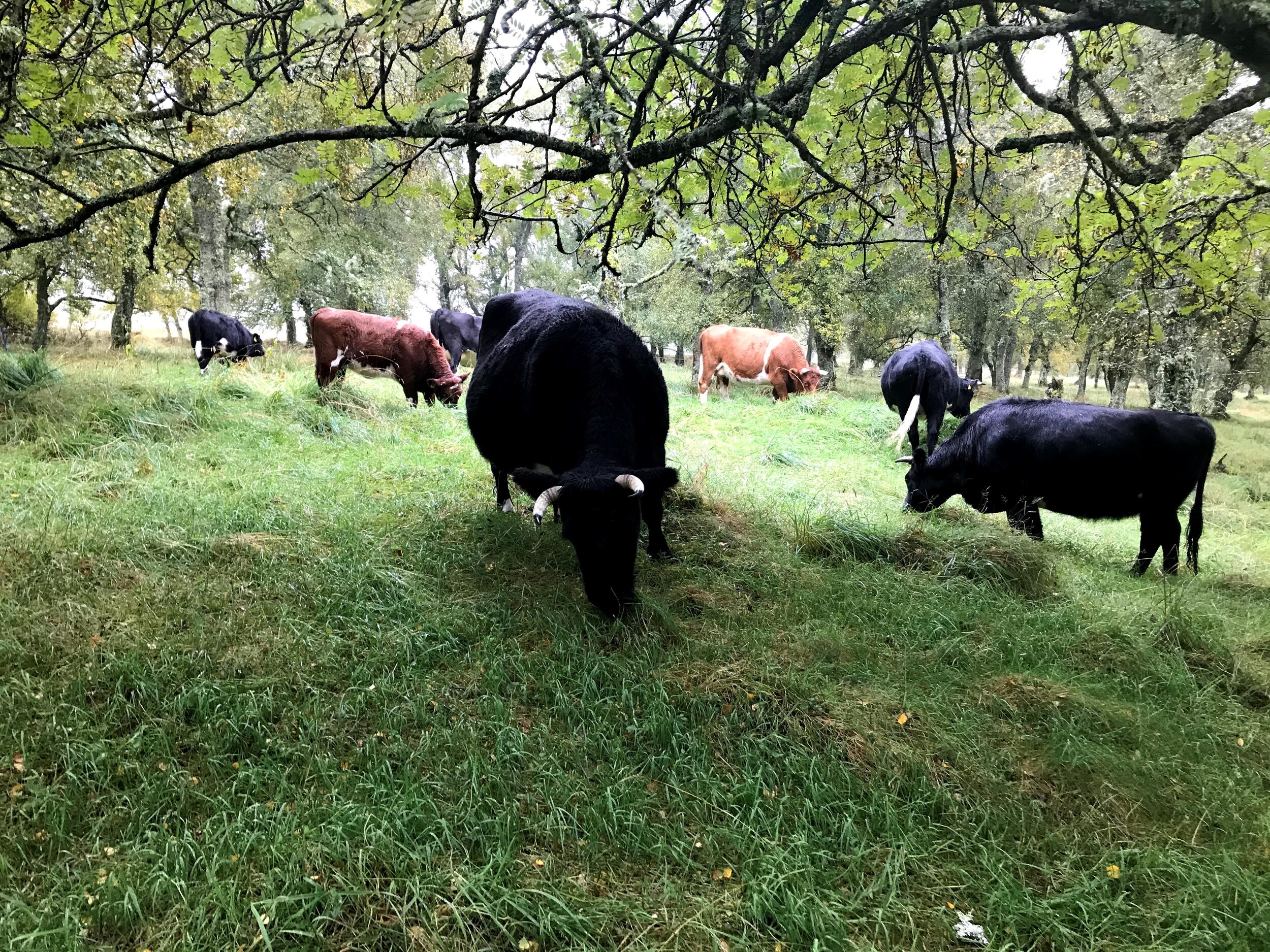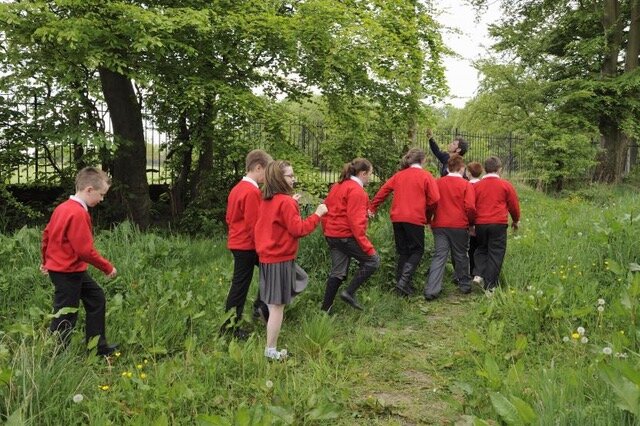Who we are?
A diverse group of individuals working together from different land use sectors to help affect social and environmental change in rural Scotland. SEDA Land’s core focus is not on the technical aspects of current challenges we face, we know the science is there, instead we need joined up, creative thinking to address the bigger picture. We cannot solve the climate, biodiversity, housing, employment and health crisis individually.
Seda land wants to meet the challenges of environmental and social change in Scotland. Our strength lies in the broad range of stakeholders – including land managers, owners, and employees, communities, industries, and researchers, artists and scientists. We are working together for a greener and fairer Scotland. Sound like you?
Visit our ‘Get involved’ section.





